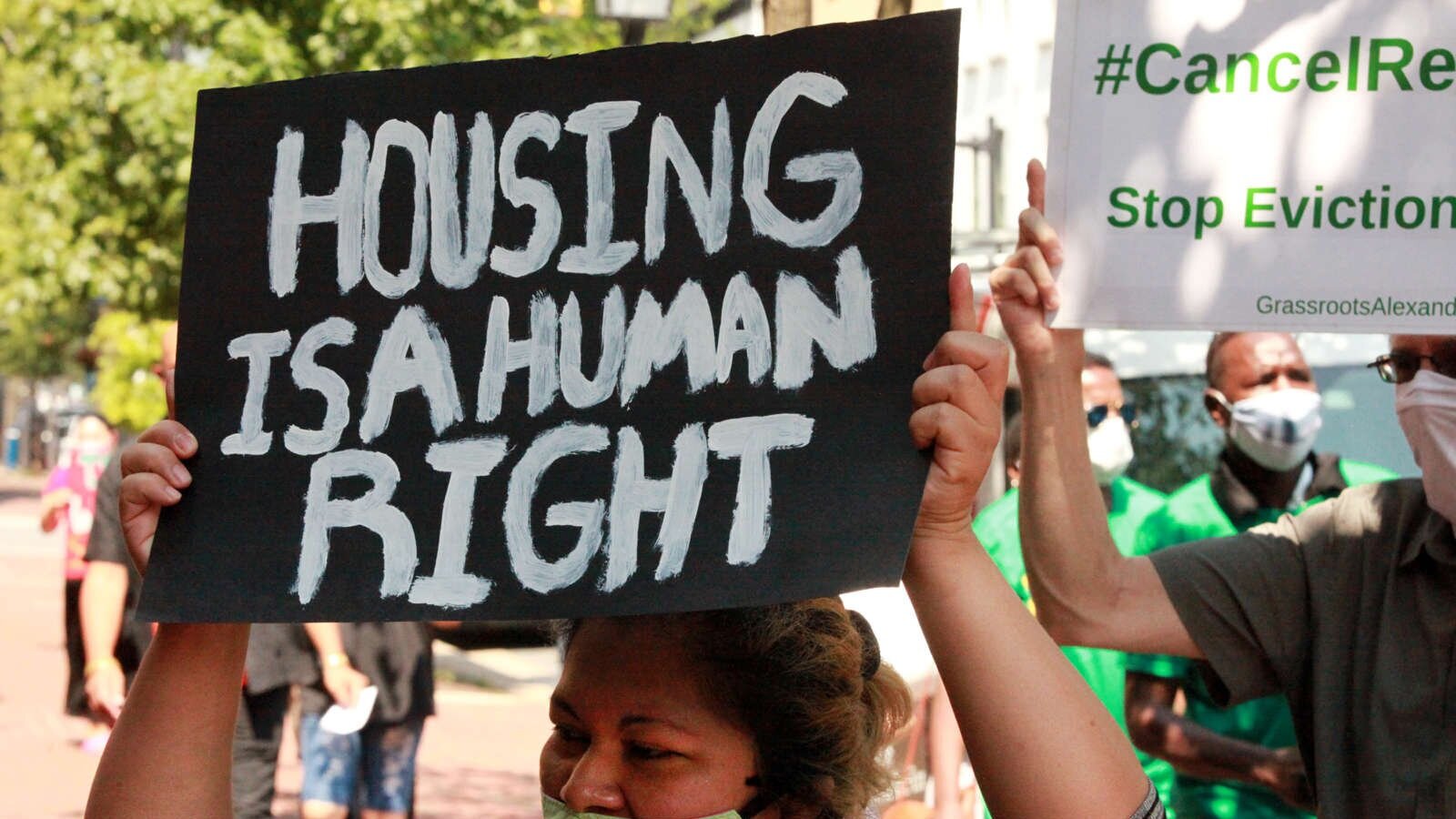
HOMELESSNESS IS NOT A CRIME
WPSR’s Statement Opposing Anti-Camping Bans
We stand in unflinching solidarity with our unhoused neighbors and friends across Washington state and beyond.
Written May 26, 2021
As an organization of health professionals concerned with addressing the gravest threats to public health in our state, Washington Physicians for Social Responsibility (WPSR) is alarmed by the trend across Washington municipalities to criminalize homelessness by way of anti-camping ordinances. We are especially troubled by the use of public health language to justify punitive legislation that would prohibit people experiencing homelessness from seeking shelter on city property.
In their current public health guidance for unsheltered homelessness and COVID-19, the Center for Disease Control (CDC) is explicit that people living in encampments should be allowed to remain where they are unless sufficient individual housing options are available. This is because encampment sweeps - particularly during the pandemic - risk exacerbating infectious disease spread, breaking connections with health and social service providers, and jeopardizing the overall health of unhoused and housed community members.
We know that the health impacts of homelessness are not felt equally, and due to systemic inequities built into our housing, health, and economic policies, people of color, particularly youth of color, continue to be overrepresented in Washington state's homeless population.
According to the Washington State Department of Commerce, Black youth in Washington comprise 24% of the homeless youth population but represent only 6% of the total youth population. While Native American/Alaska Native people make up only 1 % of the population of Seattle/King County, as of 2020 they represent 15% of those experiencing homelessness.
Further compounding the risks facing minoritized populations and oppressed individuals such as BIPOC and the unhoused is the threat of entry into the carceral justice system. Threatening people with fines and/or funneling them into a systemically racist and dangerous criminal justice system for camping in public spaces will do little to address the root causes of poor health, homelessness, or the affordable housing crisis in our state. As of May 18th, only 45% of incarcerated people in Washington state have been vaccinated, despite it being a known fact that 100% of individuals in our state and local jails, prisons, and detention centers are locked in COVID-19 epicenters.
We echo the CDC in calling on local officials to prioritize a public health response to encampments, which may include working with trusted community health and housing partners, encouraging physical distancing between tents, and providing public restrooms, sanitation, and hygiene facilities.
A 2018 decision from the Ninth Circuit Court of Appeals (Martin v. Boise) found it unconstitutional for cities to enforce anti-camping ordinances if they do not have shelter beds for all unhoused individuals. We know that there are currently not enough shelter beds in Washington state to meet the needs of all unhoused and housing insecure individuals and families. We also know that, in the context of the worst respiratory pandemic in 100 years, people living in encampments may have legitimate health and safety concerns about moving from outdoor spaces to enclosed shelters.
Washington is set to receive $98 million federal dollars to go towards combating homelessness in cities and counties across the state. With this influx of federal funding, lawmakers have the opportunity to invest in long-term solutions to homelessness, including expanded shelter capacity, permanent supportive housing, affordable housing, and accessible community health and mental health services. We urge county and municipal governments to stop perpetuating the criminalization of poverty through anti-camping bans, and instead address the root causes of homelessness through a lens of compassion and a commitment to the long-term health of all in our communities.
- Max Savishinsky (Executive Director), Tesia Wood (Economic Inequity & Health Program Organizer), and the Volunteer Economic Inequity & Health Task Force
Please join WPSR today as we fight on all fronts for the rights, safety, and health of our unhoused neighbors and friends.
